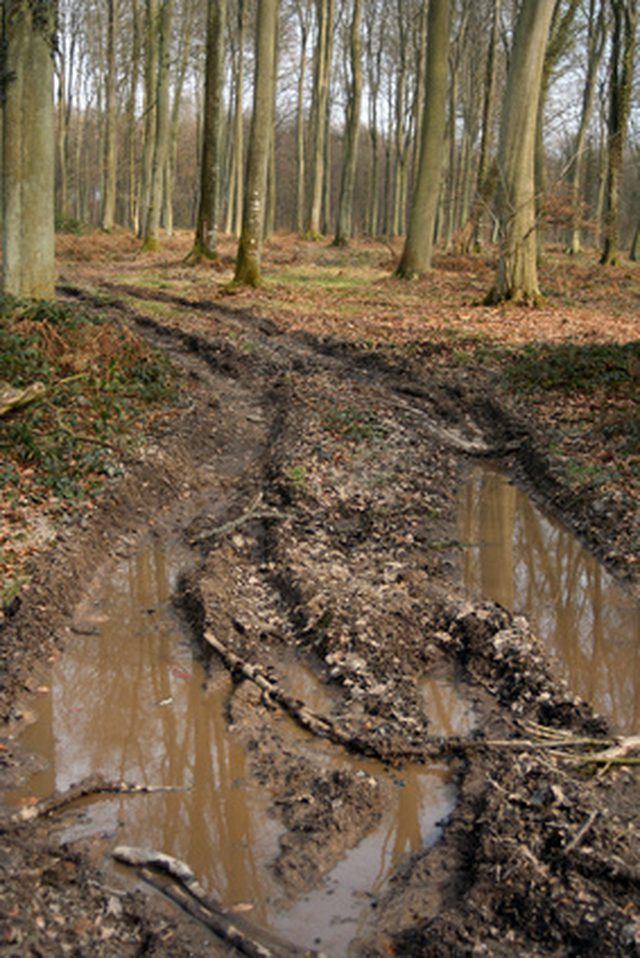Bulbs
Flower Basics
Flower Beds & Specialty Gardens
Flower Garden
Garden Furniture
Garden Gnomes
Garden Seeds
Garden Sheds
Garden Statues
Garden Tools & Supplies
Gardening Basics
Green & Organic
Groundcovers & Vines
Growing Annuals
Growing Basil
Growing Beans
Growing Berries
Growing Blueberries
Growing Cactus
Growing Corn
Growing Cotton
Growing Edibles
Growing Flowers
Growing Garlic
Growing Grapes
Growing Grass
Growing Herbs
Growing Jasmine
Growing Mint
Growing Mushrooms
Orchids
Growing Peanuts
Growing Perennials
Growing Plants
Growing Rosemary
Growing Roses
Growing Strawberries
Growing Sunflowers
Growing Thyme
Growing Tomatoes
Growing Tulips
Growing Vegetables
Herb Basics
Herb Garden
Indoor Growing
Landscaping Basics
Landscaping Patios
Landscaping Plants
Landscaping Shrubs
Landscaping Trees
Landscaping Walks & Pathways
Lawn Basics
Lawn Maintenance
Lawn Mowers
Lawn Ornaments
Lawn Planting
Lawn Tools
Outdoor Growing
Overall Landscape Planning
Pests, Weeds & Problems
Plant Basics
Rock Garden
Rose Garden
Shrubs
Soil
Specialty Gardens
Trees
Vegetable Garden
Yard Maintenance
What Is the Meaning of Leaching?
What Is the Meaning of Leaching?. The term "leaching" often comes up in discussions of soil and fertilizer. What exactly is leaching? In soil, leaching is a natural process that can be helpful or harmful, depending on the circumstances.

The term "leaching" often comes up in discussions of soil and fertilizer. What exactly is leaching? In soil, leaching is a natural process that can be helpful or harmful, depending on the circumstances.
Definition of Leaching
Leaching refers to the process by which chemicals, nutrients and other soluble matter in soil are dissolved by excess water and washed away.
Leaching and Soil
Leaching of soil occurs naturally and is part of the process of soil formation. When soil becomes saturated with rainwater, water travels downward, into groundwater or into springs and eventually rivers, lakes and streams. In the process, substances such as iron, aluminum, calcium and organic matter are carried deep into the soil or washed away altogether.
Leaching Potted Plants
Leaching is a beneficial technique for washing excess salts and fertilizers from the soil of potted plants. When you apply fertilizer repeatedly to potted plants, salts from the fertilizer build up in the soil and can burn plant roots. You can sometimes see a ring of salt on the outside of clay pots or around the top of the soil. The College of Agriculture & Life Sciences at the University of Arizona recommends leaching potted plants every four to six months to prevent salts from accumulating. To leach a potted plant, pour approximately twice the amount of water as the pot can hold on the top of the soil and let it drain completely.
Nitrogen and Water Pollution
Leaching becomes a problem when pesticides and fertilizers from the soil are leached into water supplies. The leaching of nitrogen is of particular concern. Nitrogen, an important plant nutrient, occurs naturally in soil as a result of decomposing plant and animal matter and as a result of soil amendments such as animal manure and nitrogen fertilizers. During times of heavy rainfall, nitrogen is converted into nitrate, a mobile form of nitrogen which moves easily with the flow of water. When nitrate is leached into groundwater and streams, it becomes potentially harmful to pregnant animals and their young. When it enters private wells and water supplies, nitrate poses a threat to humans---especially babies less than 1 year of age. According to the University of Missouri Extension, nitrate poisoning in infants causes internal suffocation or "blue baby syndrome."
Organic Farming and Leaching
Organic farming methods can be helpful in reducing the amount of pesticides and nitrogen leached into water supplies. The USDA National Institute of Food and Agriculture reports that, in a study by Washington State University, nitrogen leaching was four to five times greater in trees fertilized using synthetic fertilizers than those fertilized using organic methods. Some ways you can reduce harmful soil leaching are by increasing the organic content of your soil, using natural slow-release fertilizers, and avoiding the use of pesticides whenever possible.